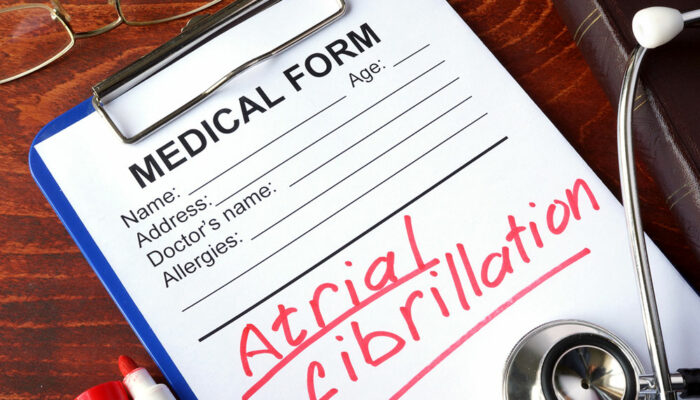
Hypoglycemia and mental health
Hypoglycemia is reduced blood sugar levels in one’s body. The symptoms are fatigue, seizures, loss of brain coordination, palpitation, hunger, numbness and so on. Hypoglycemia can also be fatal at times. Some causes of the condition are diabetes, kidney dysfunction, tumor, hypothyroidism, weakened metabolism, and infections. Hypoglycemia and mental health are directly related, but note that low blood sugar is not one of the symptoms of diabetes. It is a result of the consumption of a lot of insulin in food, and the drugs that increase insulin are also a cause of hypoglycemia. The mental symptoms of the condition are much worse, and people are unaware of the symptoms in the initial stages itself, which makes it a major reason for worry.
Signs and symptoms
Mood swings, nervousness, shaking, trouble in thinking clearly, increased heart rate, and excess sweating are some other effects of hypoglycemia. Low blood sugar is a warning sign for people to know that they should consult a doctor. Signs like stress, anxiety disorder, a rapid heart rate, sweating, and numbness should alarm one to seek medical help as soon as possible. Invariably, all hypoglycemic attacks are characterized by one or more mental issues like a panic attack or stress, and they may even cause heart failure in severe cases. The mental symptoms dominate every hypoglycemic attack as per the American Psychiatric Association.
Effects
Usually, hypoglycemia is diagnosed first, and the symptoms of mental disorders are slowly understood with the hypoglycemic attacks. People suffering from hypoglycemia have mild apathy, mania, and may even go into a coma.
A slight change in the blood sugar levels can cause a lot of distress in your daily routine, and timely diagnosis and treatment of the condition is necessary to avoid further complications and disruptions in daily life. Hypoglycemia affects the nervous system, which may also be the cause of a patient going into a coma at times. Cerebral issues are a result of profound changes to the central nervous system due to hypoglycemic attacks.
Not recognizing danger symptoms like exhaustion, fatigue, weaker knees, and loss of appetite may lead to chances of you collapsing and having trouble thinking clearly.
Prevention
You can prevent blood sugar levels from dropping by approaching a doctor to know how to help yourself when you experience the symptoms and start exercises that can keep hypoglycemia in control.
- Adjust your food habits
- Take the medications at the right time.
- One can always approach their doctor if they tend to develop hypoglycemia after exercising or after a particular exercise. The doctor will be able to alternate them for you.
It is important to check one’s sugar levels every month, and it is advised to check both the fasting and after food levels. Some fast-acting food for immediate relief in case of hypoglycemia attacks would be saline crackers, chocolates, candies, juice, or glucose tablets. Diseases like bipolar disorder, hypertension, mood swings, frustration, and panic attacks are also related to hypoglycemia at times.




